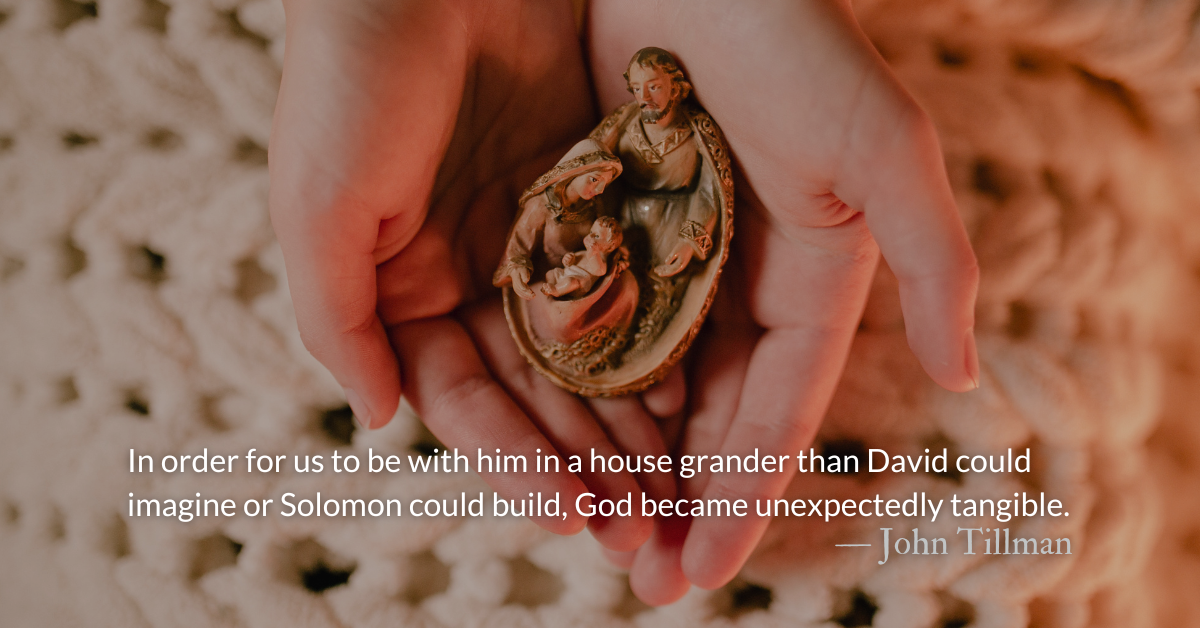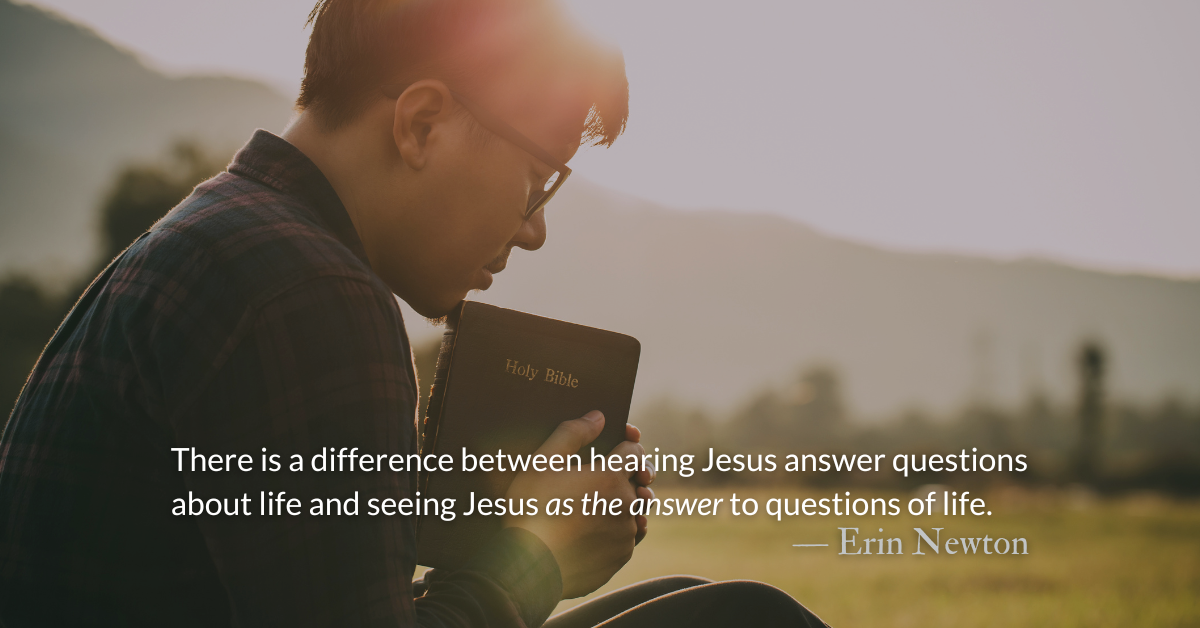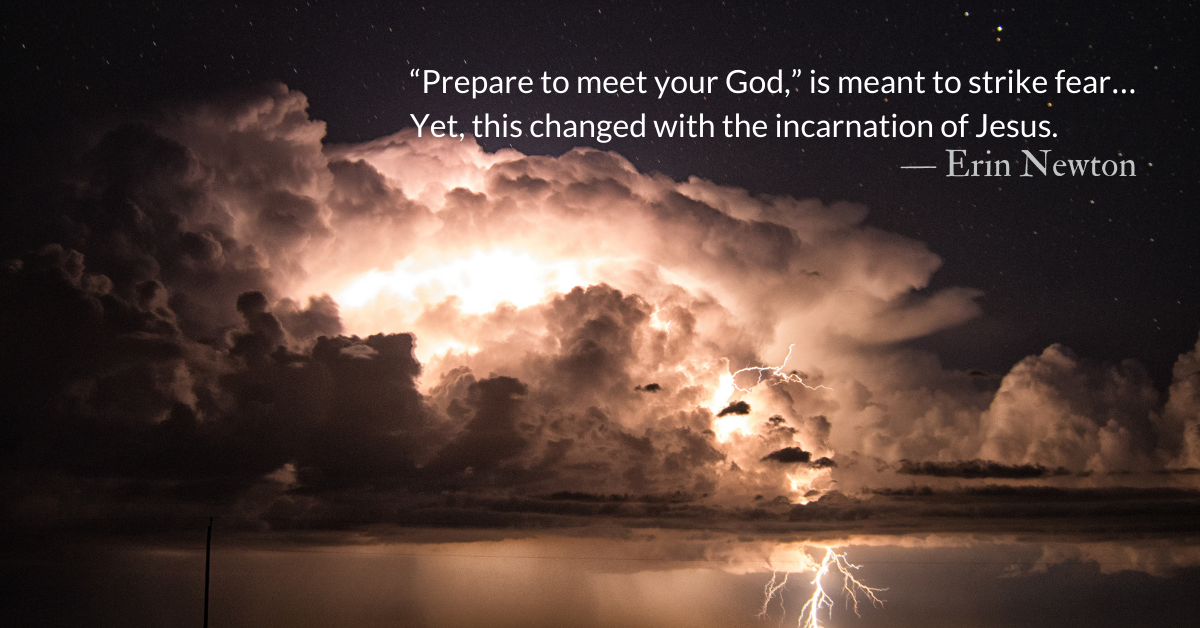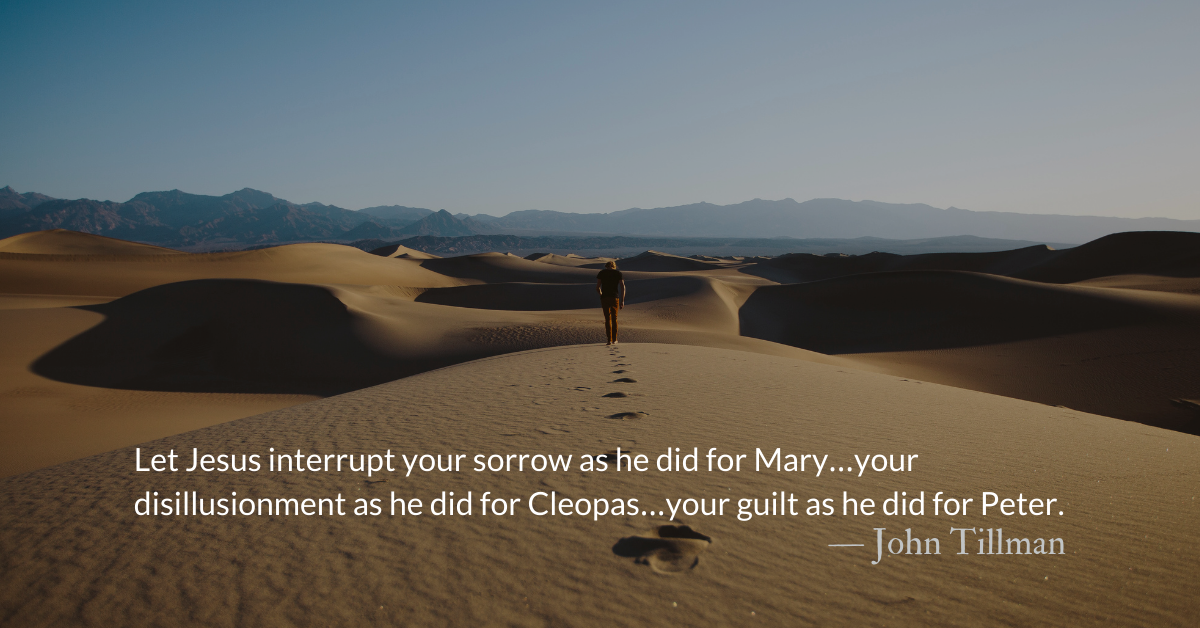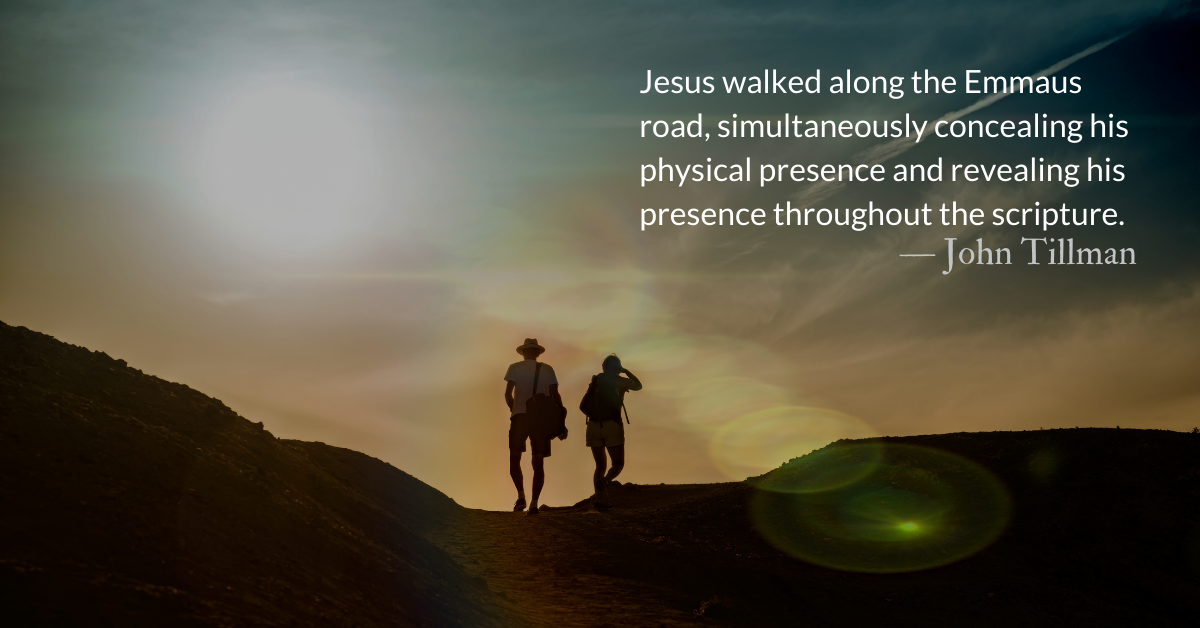Scripture Focus: 2 Chronicles 5.13
13 The trumpeters and musicians joined in unison to give praise and thanks to the Lord. Accompanied by trumpets, cymbals and other instruments, the singers raised their voices in praise to the Lord and sang:
“He is good;
his love endures forever.”
Then the temple of the Lord was filled with the cloud, 14 and the priests could not perform their service because of the cloud, for the glory of the Lord filled the temple of God.
Luke 2.6-11
6 While they were there, the time came for the baby to be born, 7 and she gave birth to her firstborn, a son. She wrapped him in cloths and placed him in a manger, because there was no guest room available for them.
8 And there were shepherds living out in the fields nearby, keeping watch over their flocks at night. 9 An angel of the Lord appeared to them, and the glory of the Lord shone around them, and they were terrified. 10 But the angel said to them, “Do not be afraid. I bring you good news that will cause great joy for all the people. 11 Today in the town of David a Savior has been born to you; he is the Messiah, the Lord.
Reflection: Unexpectedly Tangible Presence — Hope of Advent
By John Tillman
David remembered God’s faithfulness. God had inspired him as he slept under the stars as a shepherd, protected him from wicked leaders as a fugitive in his own country, and gone with him into foreign lands as an exile. Now David’s throne was in a palace, and God’s throne, the mercy seat of the Ark of the Covenant, was in a centuries-old tent. David thought God’s presence should be housed more grandly. Solomon made sure of it, following David’s preparations.
When the days were completed for the Ark to be delivered, Solomon brought forth the presence of the Lord to take up residence in the Temple.
Every priest, no matter their job description, was consecrated. Countless sacrifices were made in worship. The entire nation gathered. Under the spreading wings of cherubim, the Ark was set in place. Choirs of singers and bands of musicians made music of praise and thanks.
Then, the unexpectedly tangible presence of God, a cloud that filled the Temple, prevented the performance of the priests’ duties. God took over the space as his own. Then, Solomon prayed a priestly prayer over the Temple and kingdom.
When the days were completed for Jesus to be delivered, different preparations had been made. No consecrated priests were there to minister, but Mary, full of the Holy Spirit, prophesied and gave him life. No choir of Levites in fine linen celebrated him, but shepherds, sleeping on the ground, were inspired to seek him by music from the heavens. No dignitaries from his nation visited or brought sacrifices, but foreigners came from afar to worship, bringing sacrificial gifts. No king prayed to or worshiped him, but Herod’s killers pursued him, and Jesus became a fugitive and an exile, leaving behind comfort and familiarity.
In order for us to be with him in a house grander than David could imagine or Solomon could build, God became unexpectedly tangible. Rather than a non-corporeal cloud, he became a poor, unhoused, itinerant carpenter and died as a slandered, tortured rebel.
Jesus, with no place to lay his head, is the same God who inspired David’s songs in the night. Jesus, whose parents could not afford to sacrifice a lamb, is the Lamb of God. Jesus, hung on a cross with a crown of thorns, is the same God enthroned on the mercy seat of the Ark of the Covenant.
Come, thou unexpectedly tangible Jesus.
Divine Hours Prayer: The Request for Presence
Show us the light of your countenance, O God, and come to us. — Psalm 67.1
– From The Divine Hours: Prayers for Summertime by Phyllis Tickle.
Today’s Readings
2 Chronicles 5-6.11 (Listen 9:47)
Psalms 110-111 (Listen 1:57)
Read more about O Come, O Come, Emmanuel — Carols of Advent Hope
Our true hope…Messiah King soothes doubts, heals afflictions, wipes sorrowful tears, and rescues us from captivity to sin.
Read more about Supporting Our Work
Approximately half of our funding comes from monthly and half from once-a-year donors. Please consider joining one of these groups and supporting our work.

